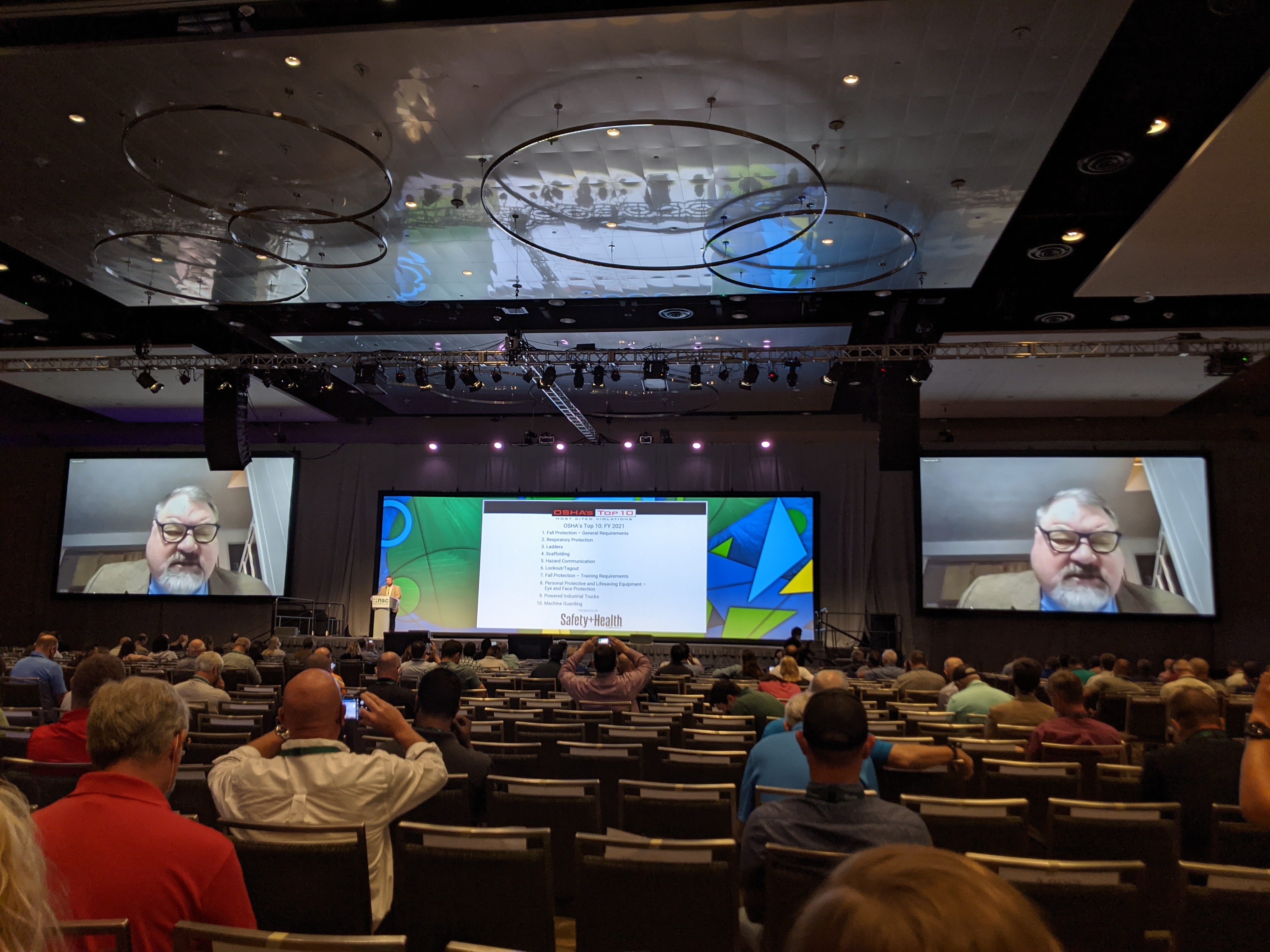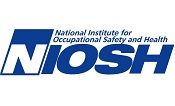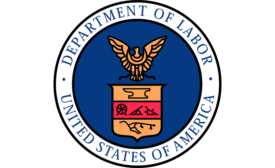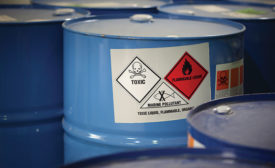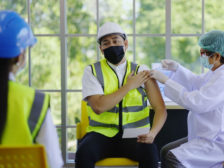Government Safety Regulations
OSHA reveals Top Safety Violations for fiscal year 2021 at NSC Safety Congress
Read More
Cover Story
Now that Pfizer vaccine has FDA approval, expect more companies to begin implementing workplace rules
September 1, 2021
Become a Leader in Safety Culture
Build your knowledge with ISHN, covering key safety, health and industrial hygiene news, products, and trends.
JOIN TODAYCopyright ©2025. All Rights Reserved BNP Media.
Design, CMS, Hosting & Web Development :: ePublishing
